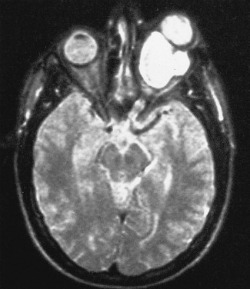Drug effectiveness against tumour inducing cells proved

The research group Gene Expression and Cancer at Vall d'Hebron Institute of Oncology, led by UAB lecturer Joan Seoane, has been able to identify markers indicating which cells initiate the process of tumour formations and therefore which cells are capable of regenerating them. TGF-beta inhibitors, which are undergoing clinical trials, have proven to be useful in eliminating these types of cells and therefore could minimise recurrence and possible resistance to conventional chemotherapy treatments.
The research focused especially on glioma - the most common type of malignant brain tumour - and the results were published in the prestigious journal Cancer Cell. In 2009, the group described that gliomas contain cells with characteristics closely resembling stem cells. These cells are called Glioma initiating cells (GICs) and are responsible for both the onset of brain glioma and recurrence after the tumour has been removed.
Glioma is the most frequent type of brain tumour and some 13,000 cases are diagnosed in Europe each year. This type of tumour is classified into four different degrees of severity. The fourth degree, glioblastoma, is one of the most aggressive tumours. Treatments in this case generally are not effective, recurrences are quite common, there is resistance to therapy and a quick progression of the disease, making survival rates very low.
Research findings were validated by reproducing the tumour in mice. Tumour cells of patients were inoculated in mice and a similar tumour was introduced to be able to treat it. The treated cells were then inoculated in a second mouse and researchers verified that the tumour no longer progressed. This demonstrates that the cells lost their capacity to regenerate and therefore the risk of recurrence disappeared. The findings also were tested with samples from patients treated with the drug.
References
"TGF-b Receptor Inhibitors Target the CD44high/Id1high Glioma-Initiating Cell Population in Human Glioblastoma". Anido J., Sáez-Bordenas A., González-Juncà A., Rodón L., Folch G., Carmona M. A., Prieto-Sánchez R. M, Barba I., Martínez-Sáez E. ,Prudkin L., Cuartas I., Raventós C., Martínez-Ricarte F., Poca M. A., García-Dorado D., Lahn M., Yingling J., Rodón J., Sahuquillo J., Baselga J., Seoane J. Cancer Cell (2010),doi:10.1016/j.ccr.2010.10.023.).

